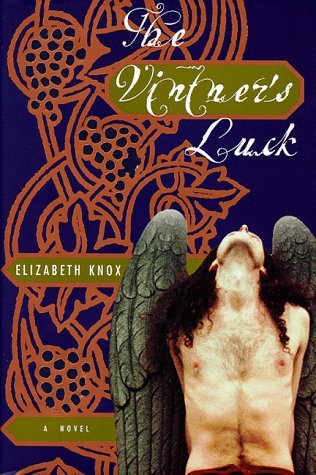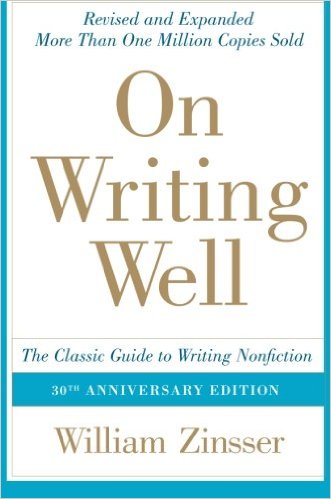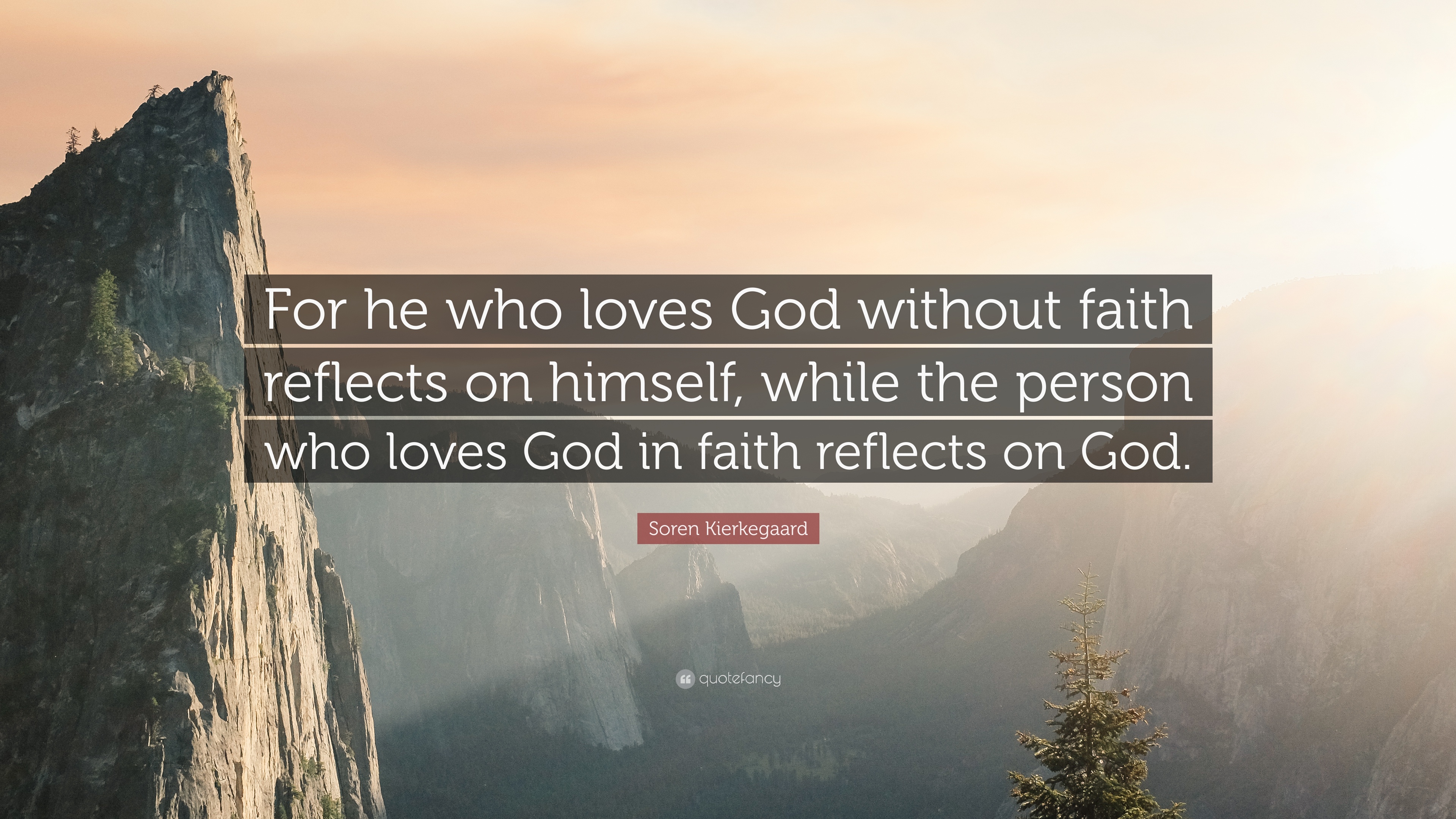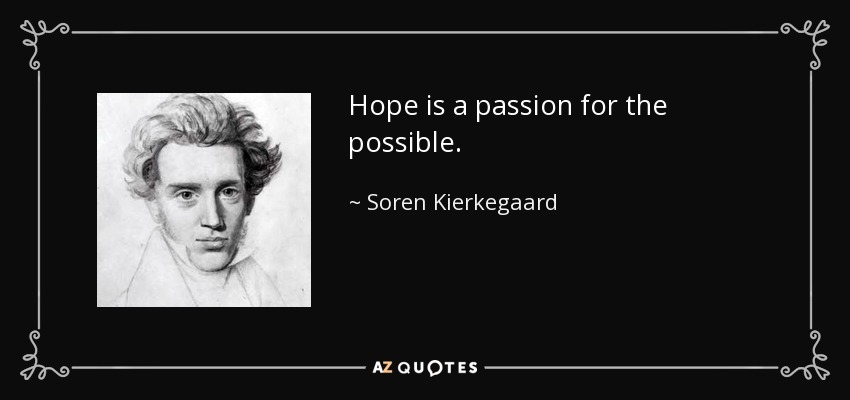This year, I made a few resolutions, a couple of which related to writing. I committed to writing weekly for the novel I’ve wanted to author since I was 13, and for this blog.
I also realised that it had been years since I’d been much of a reader – how I used to love it! – and that my writing was struggling to flow as a result. So I committed to reading a book a month in 2016. I’ve read 30 and will probably get a couple more in before the year is out.
Setting this reading goal has helped me enjoy reading again, as well as pushing me to reflect on the kind of writer I would like to be.
So for you readers out there, here are the books that impacted me this year:
The Hunger Games trilogy
Don’t stop reading here, you snobs! It may not be high literature but hear me out.
These first three books I read in 2016 restored my faith in young adult fantasy. I hadn’t enjoyed the genre since I was a teenager and I started missing the sense of wonder they used to produce in me.
The dystopian grit of Panem appealed to my love of politics and societal transformation, and while I didn’t ever get to like Katniss as a person, I found Suzanne Collins’ books well plotted, surprisingly well written and thoroughly engaging.
It’s also the first book I’ve ever read where I thought, “The editing made this book.” I’m not sure if that’s a good thing or a bad thing, when you can see the editor did a great job.
In any case, The Hunger Games is written clearly with no fluff – but still creates an arresting narrative in an absorbing alternative reality.
(In case you’re wondering, I’m all about Team Finnick ;)).
The Vintner’s Luck
I was barely in high school when I first heard of this book by Kiwi author Elizabeth Knox, which received a number of accolades after it came out in 1998. I’m glad I didn’t read it back then – it’s a challenging read.
By challenging I mean this: it walks a tightrope between beautiful and sordid, love and lust, good and … whatever the opposite of that is. Set in 1800s France, the language is rich without being flowery (my pet hate) and a key motif is winemaking, much of which goes over my pleb head but still sets a languid, historical tone that you can soak yourself in.
Sobran is very much a flawed character but I loved him. You meet him at one-year intervals, always on the same day in June, and you feel his pain, his joy, his confusion, his desire. Xas the angel is enigmatic and intriguing, conflicted though never quite human, and definitely thought-provoking.

On Writing Well
I picked this up at a second-hand book stall at the local markets and highly recommend it to anyone who wants to improve their writing.
This handbook is encouraging rather than intimidating, practical and lightly brimming with humour. The key lessons for me were about owning your voice and making the story your own. It’s easy to teach by making fun of bad writing, but William Zinsser uses for the most part examples of good writing to explain his points so that you can see different authors writing well in different contexts, different genres, different styles.
A helpful, straightforward book that happens to be a joy to read.

Fear and Trembling
I’ve always had a soft spot for Soren Kierkegaard; the thick streak of melancholy that runs through his life and work appeals to the part of me that is still an emo teenager.
I read this book in a matter of hours. It’s a tough read and that’s what I enjoyed about it – I had to really focus to keep up with his arguments. While not densely written as such, it contains complex ideas around the Genesis story where Abraham goes to sacrifice his promised son and heir, Isaac.
If you’re interested in the nature of faith and all the thorniness therein, read this. Then contact me so we can chew over it together 😀


Eve Green
Susan Fletcher’s debut won the Whitbread first novel award, and while The Vintner’s Luck is a more masterful work of contemporary literature, Eve Green is striking in its simple yet evocative prose. It’s awash with nostalgia and the Welsh countryside – it made me yearn like crazy for Wales. (I once stood at the Severn Bridge in Bristol, but never crossed into Wales).

Eve Green impacted me because, to put it frankly, it’s the kind of book I’d like to write. The way Fletcher selects and delves into her details is impressive and I’m honestly not sure I’m capable of the level of observation needed to pen the prose she’s crafted here.
An easy and delightful read that challenged me – to be a better writer.




3 comments